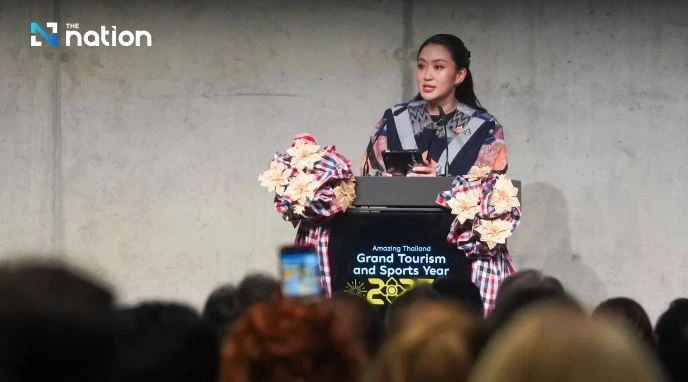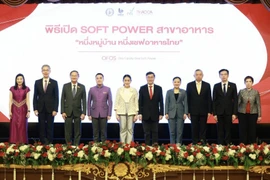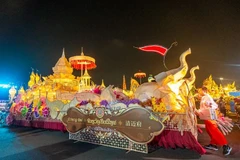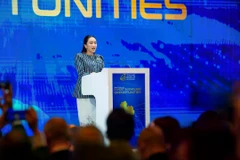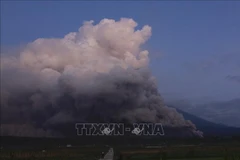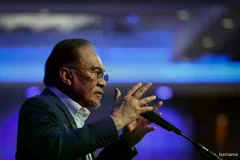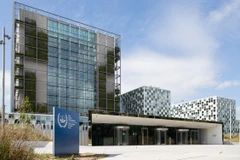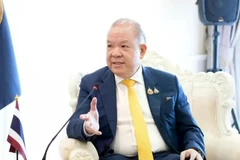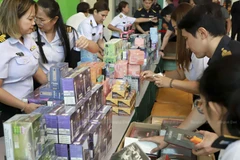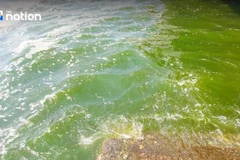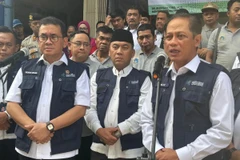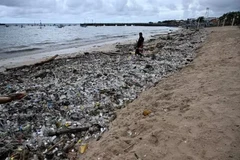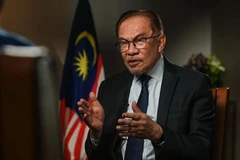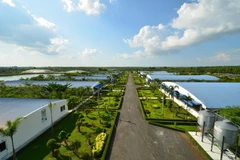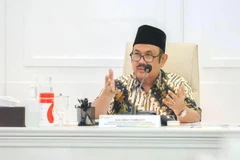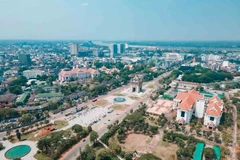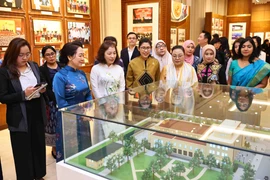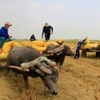Bangkok (NNT/VNA) – Thai Prime Minister Paetongtarn Shinawatra has met with William Heinecke, Founder and Chairman of Minor International PCL, to discuss investment opportunities in Thailand’s tourism sector.
With 2025 designated as Amazing Thailand Grand Tourism and Sports Year, the Thai government is working to attract more visitors by promoting diverse travel experiences and supporting private sector initiatives.
Heinecke, who has been active in Thailand’s tourism industry for over 30 years, praised the government’s commitment to boosting tourism and recognised the potential for expanding high-value destinations such as Phuket.
He expressed confidence in Thailand’s ability to maintain its global appeal, particularly with policies such as visa exemptions, which have already led to a noticeable rise in arrivals. He also suggested extending visa-free policies to additional countries and supporting digital nomads to attract long-term visitors.
Discussions also covered strategies to strengthen Thailand’s position as a world-class tourism destination, with a focus on Phuket’s development, improved management systems, and long-term sustainability. The Prime Minister agreed to explore measures to enhance Phuket’s global competitiveness, ensuring efficient resource management while meeting the needs of both residents and visitors.
The two also discussed the impact of The White Lotus Season 3, which was filmed in Phuket and has driven a surge in bookings at its shooting locations.
Both sides agreed that expanding Thailand’s film incentive program, particularly increasing cash rebates for foreign productions, would not only attract more international filmmakers but also boost tourism. Chiang Mai was highlighted as another location with strong potential for film production and tourism growth.
Infrastructure improvements were another key topic, with the Prime Minister emphasising the government's commitment to airport expansion and railway network enhancements.
Both parties agreed on the importance of increasing direct flights to meet rising demand and exploring luxury overnight rail tourism routes connecting Thailand with Singapore, Malaysia, Laos, China, and Vietnam.
These initiatives aim to generate economic value and attract high-spending tourists, with further discussions planned with relevant agencies./.

Thailand considers allowing private management of some services in national parks
Minister of Natural Resources and Environment Chalermchai Sri-on said on March 14 that he has visited many national parks in the past several months and discovered that their officials not only have to protect the forests and wildlife from poachers, but also have to provide services to visiting tourists, such as room rentals and food services.
